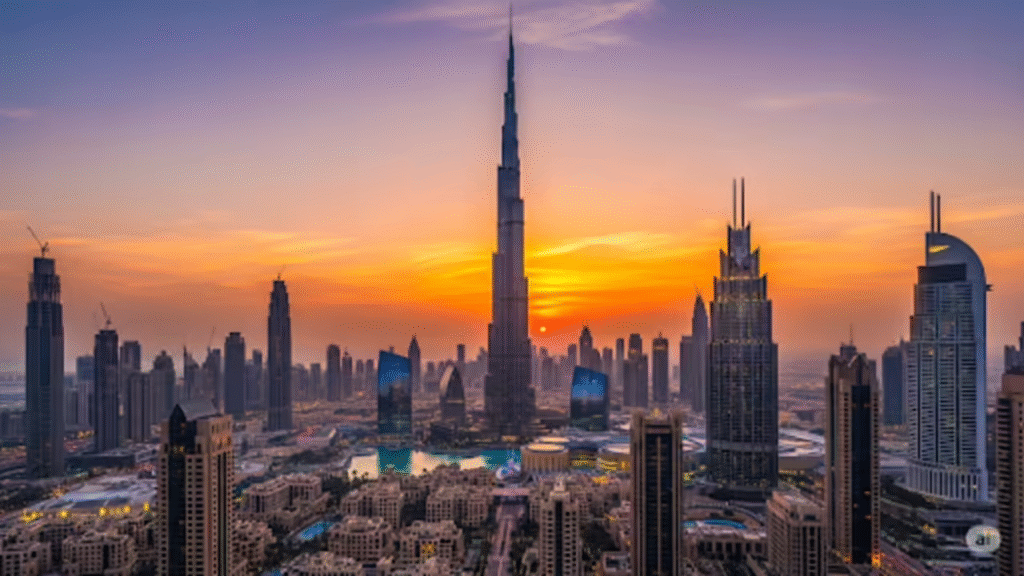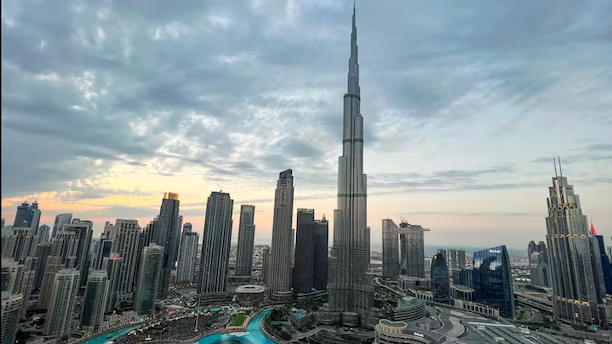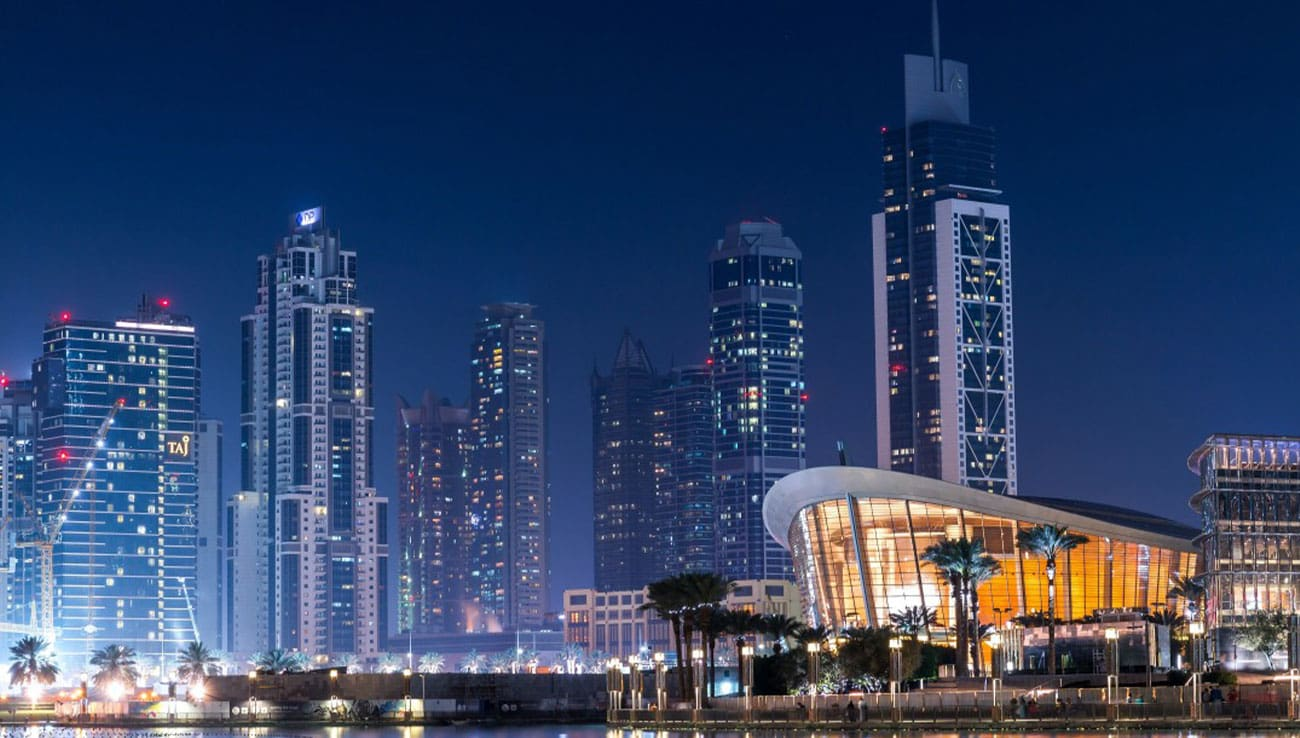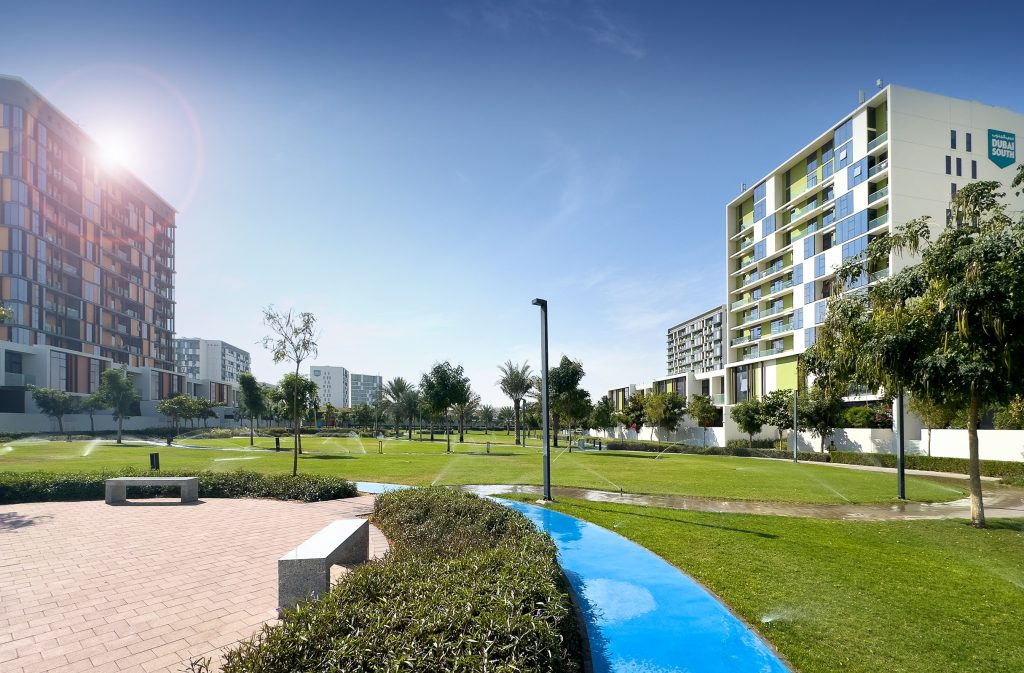Now Reading: Dubai’s New Economic Reforms Every Expat Must Know in 2025
-
01
Dubai’s New Economic Reforms Every Expat Must Know in 2025
Dubai’s New Economic Reforms Every Expat Must Know in 2025

Table of Contents
Dubai has always been known as a land of opportunity a global Economic hub for business, real estate, finance, and lifestyle. In 2025, the emirate has introduced a new wave of economic reforms designed to attract more international investment, boost innovation, and create long-term stability for both residents and expatriates. These reforms are part of Dubai’s ambitious economic vision, which aims to make the city one of the top global destinations for business and talent.
For expats, who make up nearly 90% of Dubai’s population, Economic these changes carry huge significance. From easier company setups to more flexible visa options, Dubai is not just opening its doors wider but also giving expatriates more reasons to stay for the long haul.
Dubai’s Push for a Competitive Global Economy
Dubai’s Economic government has made it clear: the emirate wants to remain a top choice for global businesses and professionals. With rising competition Economic from cities like Singapore, Riyadh, and London, Dubai is adapting to keep its edge.
The latest economic reforms are built around three major pillars:
- Ease of doing business – Simplifying regulations for startups, SMEs, and foreign investors.
- Talent attraction and retention – Offering long-term residency and flexible work opportunities.
- Sustainability and innovation – Encouraging growth in green energy, fintech, AI, and digital industries.
These reforms are not just about economic growth but also about reshaping Dubai’s identity as a global hub where expatriates can live, work, and invest securely.
Business-Friendly Policies for Foreign Investors

One of the most significant reforms is the expansion of 100% foreign ownership rights across multiple sectors. Previously, foreign investors needed local Emirati sponsors to establish companies in certain industries. But with the new policy, expatriates can now set up and fully own their businesses in most sectors without restrictions.
This change is especially attractive to entrepreneurs and SMEs who want to enter Dubai’s competitive market without legal complications. It also aligns with Dubai’s goal to host 30,000 new startups by 2030, creating new opportunities for expats in fields like e-commerce, technology, healthcare, and logistics.
Another step forward is the simplification of licensing and visa requirements. Expats starting a business can now apply through streamlined digital platforms, reducing paperwork and speeding up approvals. This means that more professionals, freelancers, and investors can explore opportunities without long delays.
Visa Reforms: Expats Can Call Dubai Home for Longer
Dubai’s new visa policies have been a game-changer for expatriates. The introduction of the Golden Visa (10-year residency) and the Green Visa (5-year residency for skilled professionals and investors) has given many expats long-term security for the first time.
Recent updates in 2025 have made these visas even more attractive:
- Golden Visa Expansion – More categories of professionals, including mid-level executives, digital entrepreneurs, and specialized tech workers, are now eligible.
- Family-Friendly Rules – Dependents, including parents and adult children up to 25 years old, can be sponsored under long-term visas.
- Freelancer Visas – Independent professionals can legally work without being tied to a single employer, allowing greater flexibility.
For expats who once saw Dubai as a short-term career stop, these reforms encourage long-term settlement and even multi-generational living.
Opportunities in Real Estate and Investment
Economic reforms have also boosted confidence in Dubai’s real estate market, which has seen record-breaking sales in the past two years. With foreign ownership now easier and long-term residency linked to property investment, expats are increasingly buying homes rather than renting.
Property-linked Golden Visas have particularly appealed to expatriates who want both lifestyle benefits and security of residence. Experts suggest that these reforms will stabilize the market, attract global investors, and provide expats with more opportunities to build wealth in Dubai.
Beyond real estate, Dubai is also pushing reforms in capital markets and financial services, giving expatriates more options to invest in stocks, bonds, and funds. The city aims to double its foreign direct investment inflows by 2030, which means better opportunities for expat entrepreneurs and professionals alike.
Expats and the Future of Work in Dubai
Dubai’s reforms also focus on the future of work, especially in digital industries. With the launch of policies supporting remote work visas, expats from anywhere in the world can legally work for global companies while living in Dubai.
In addition, Dubai is investing heavily in sectors like fintech, AI, renewable energy, and biotechnology. This creates new job opportunities for skilled expats and encourages professionals to reskill in emerging fields.
Training programs and innovation hubs have been introduced to support expats in upgrading their skills. For instance, the Dubai Future Foundation is working closely with global tech companies to create opportunities for digital nomads and innovators.
Social and Lifestyle Benefits for Expats

Beyond business and career opportunities, Dubai’s economic reforms are improving quality of life for expatriates. Healthcare access, education systems, and housing facilities are expanding in line with population growth.
Expats are also benefiting from reforms in taxation. Dubai continues to have no personal income tax, and while the UAE has introduced a corporate tax, individuals working as freelancers or employees are not directly affected. This makes Dubai financially attractive compared to other global hubs.
Cultural integration is another priority. The government has launched programs encouraging multicultural communities, ensuring that expatriates feel included while maintaining Dubai’s strong Emirati identity.
What These Reforms Mean for Expats
For expatriates, Dubai’s latest reforms mean more than just job opportunities—they represent stability, security, and a chance to build a future.
- For entrepreneurs: Easier company setups, 100% ownership, and access to global markets.
- For professionals: Long-term visas, career growth in emerging industries, and tax benefits.
- For families: Secure residency, better education, and property investment options.
Dubai is sending a clear message: it wants expatriates not only to come and work but also to stay, invest, and contribute to its long-term success.
Final Thoughts
Dubai’s latest economic reforms are reshaping the emirate into a global destination where expatriates can thrive in both career and lifestyle. By offering long-term residency, business-friendly policies, and investment opportunities, the city is building a sustainable future that goes beyond short-term growth.
For expats, these reforms open doors to new possibilities. Whether you are an entrepreneur, a skilled professional, or a family looking for long-term stability, Dubai’s latest moves make it one of the most attractive cities in the world to live, work, and invest in.
Read More:- Shobha Realty Launches Its Most Luxurious Project Yet—Full Details Inside 2025



















